Granted, director Antoine Fuqua’s “Emancipation” isn’t wholly about enslavement. Instead, it sustains itself in the tension of biography and thriller, brutality and heroism, prestige drama, and suspenseful action film. If that tension between disparate styles and unlikely tones was intended, one might say that “Emancipation” is a keen attempt to recapture the subversive slave narratives in Blaxploitation. The character of Peter and the propulsive mood of Fuqua’s film have more in common with “The Legend of Nigger Charley” than “12 Years a Slave.” It’s not altogether clear, however, that Fuqua’s choices are all that intentional to believe he purposely wants this sort of uncomfortable genre-bending.
Who is Peter? A symbol, a resilient rebel, a family man, an action star this side of Rambo wandering the swamp and fighting with slave catchers and alligators? Fuqua believes Peter is all of the above. Unfortunately, in wearing these many hats, “Emancipation” becomes an exhaustive, vicious, and stylistically overcooked recounting of a man whose very visage led the abolitionist charge. “Emancipation” is a hollow piece of genre filmmaking that rarely answers, “Why this story and why now?”
Set in 1863, in the wake of Abraham Lincoln signing the Emancipation Proclamation, the true story begins with a series of drone tracking shots that make their way through the wooded swamp, stretching over a cotton plantation whereby enslaved African Americans, who appear placed in by garish VFX, toil in the soil. In a shack, a doting Peter (Will Smith) caresses the slender foot of his wife Dodienne (Charmaine Bingwa) with water as their children surround them. They are God-fearing people who believe the lord will grant them strength and salvation against white folks who see them merely as chattel. Their faith, unfortunately, cannot hide them from the realities of this system: Two white men drag Peter from his family, causing him to pull the frame of the door from the walls in an attempt to stay with his loved ones. He has been sold to the Confederate Army as manual labor for building a railroad.
In a previous world, before slapping Chris Rock at last year’s Oscar ceremony, Smith must have imagined this as his Oscar moment. And the diligence to reach such acclaim is apparent, and sometimes too evident. For Smith, Peter is slightly different from the prototypical roles he plays. Smith tosses away his clean-cut look for a messy, unkempt, and scarred appearance. Never a master of accents (his infamous performance in “Concussion” says as much), Smith opts to go the route taken by British actors who alter their voice to an American tone; he lowers his voice an octave and adds a few necessary inflections. The result is a controlled sonic turn that flattens the emotional range of his speech. Still, Smith’s physical transformation can’t be wholly ignored. Peter is unafraid of looking white men in the eyes or standing up for his enslaved friends, even if it means death. The slightly hunched posture Smith walks with says that Peter is bent but never broken (an appearance that could carry additional weight if William N. Collage’s on-the-nose screenplay didn’t have Peter use that exact description to describe himself).
You can view the original article HERE.


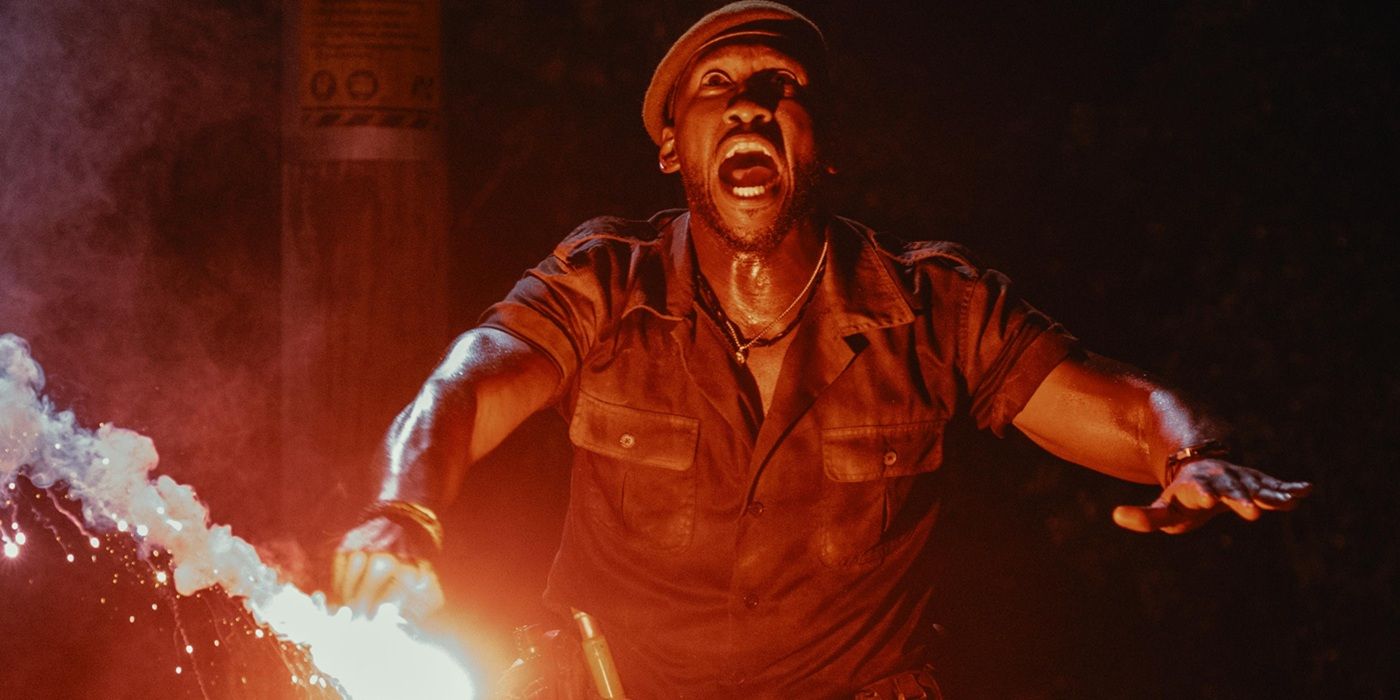


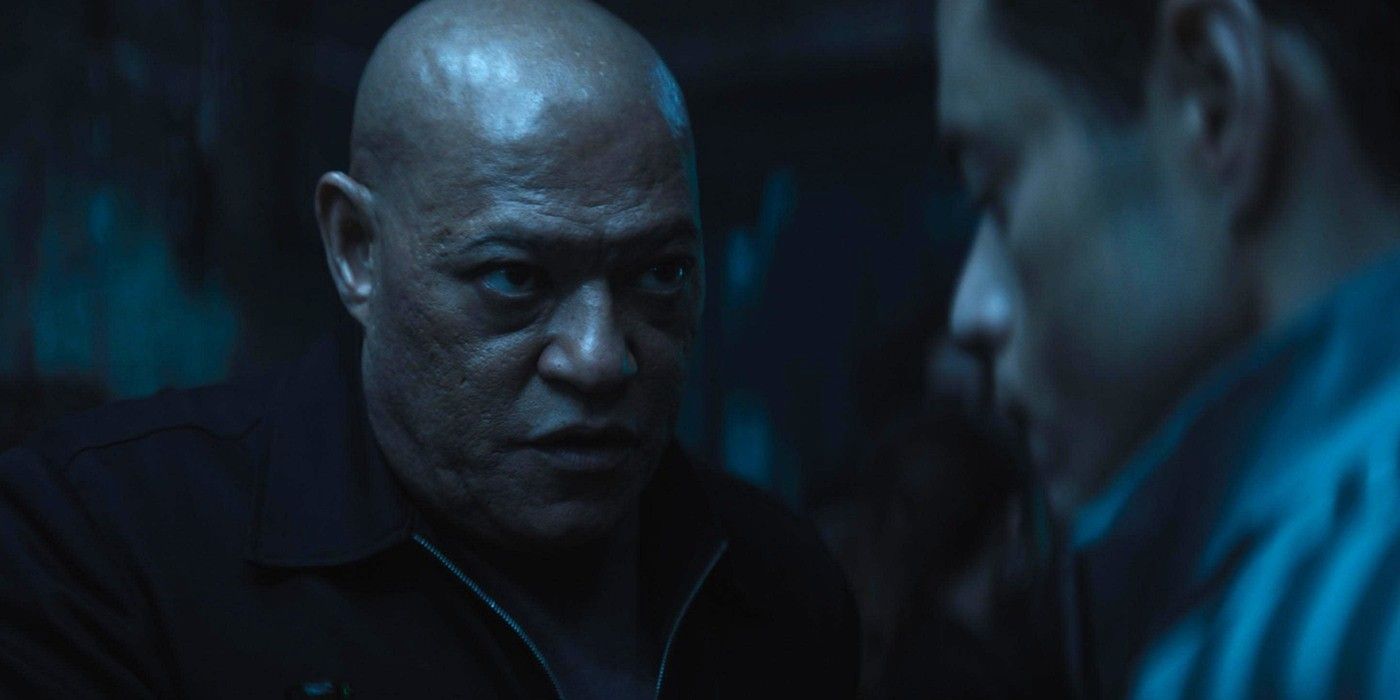




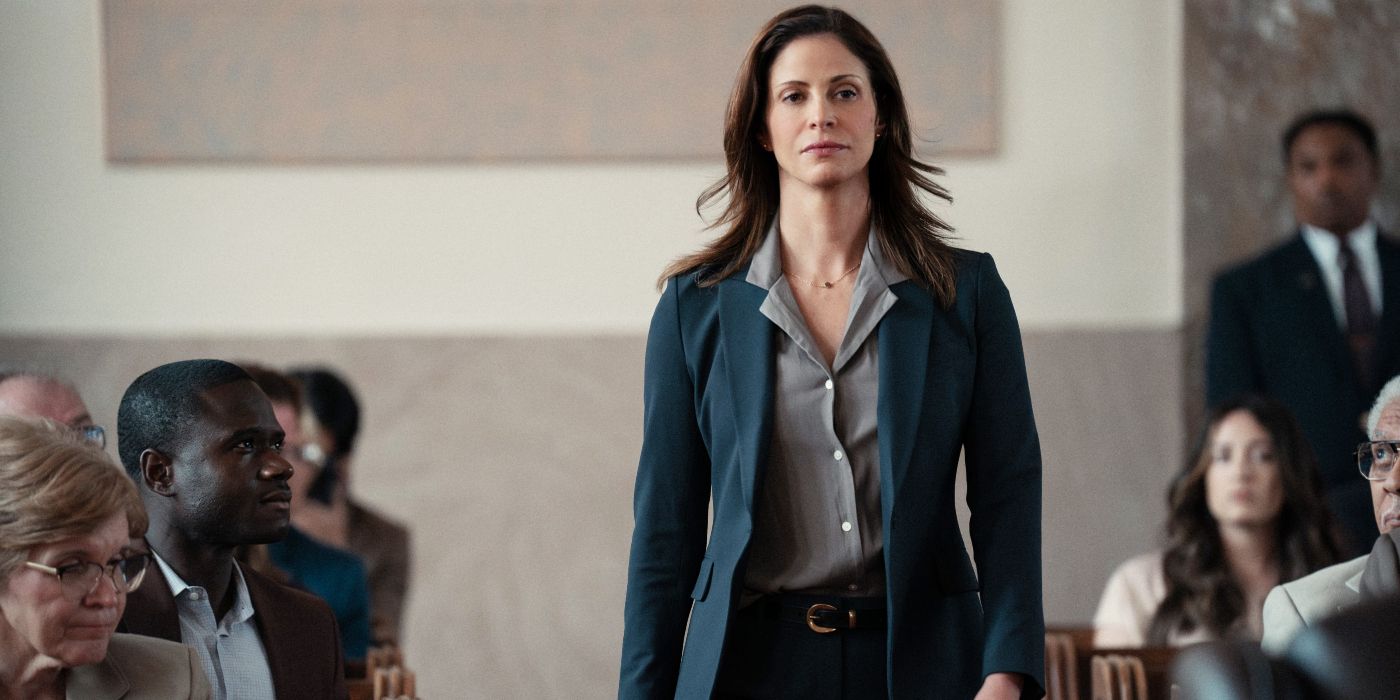











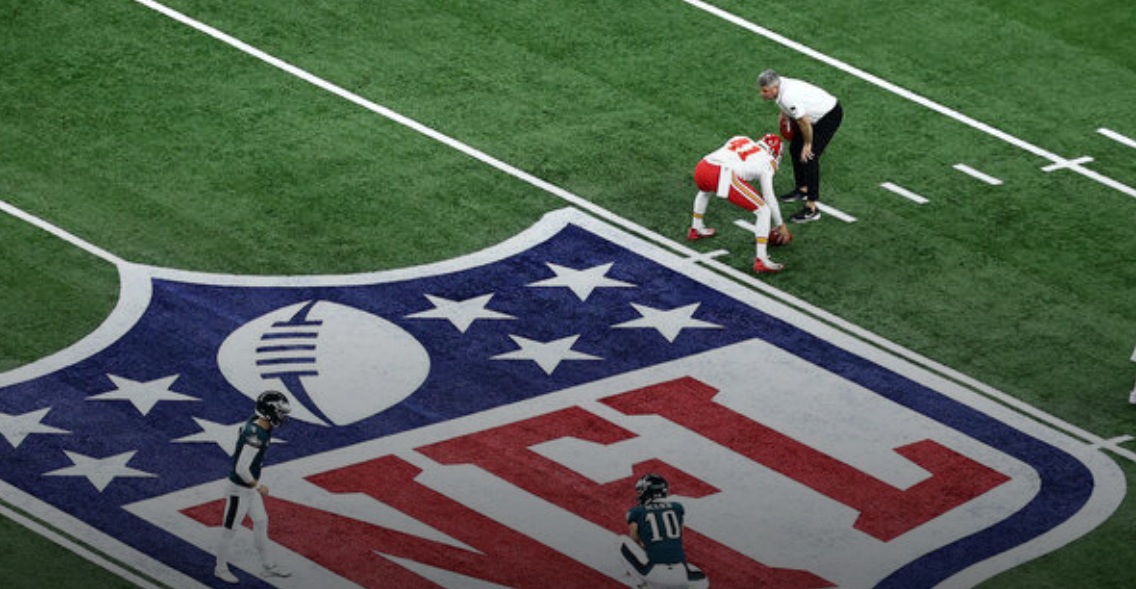

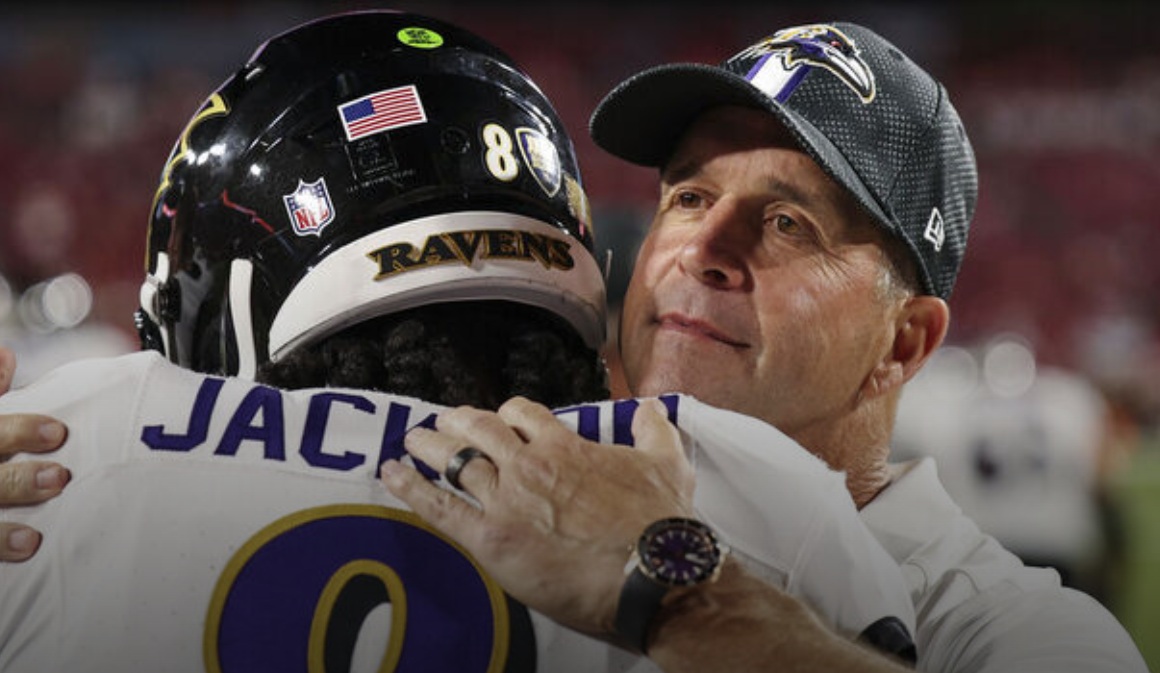

:quality(85):upscale()/2025/04/01/587/n/1922564/fe60d6be67ebe4b0bbd6f1.79749549_.png)

:quality(85):upscale()/2025/04/01/828/n/1922564/9432574867ec361a713285.06370027_.jpg)
